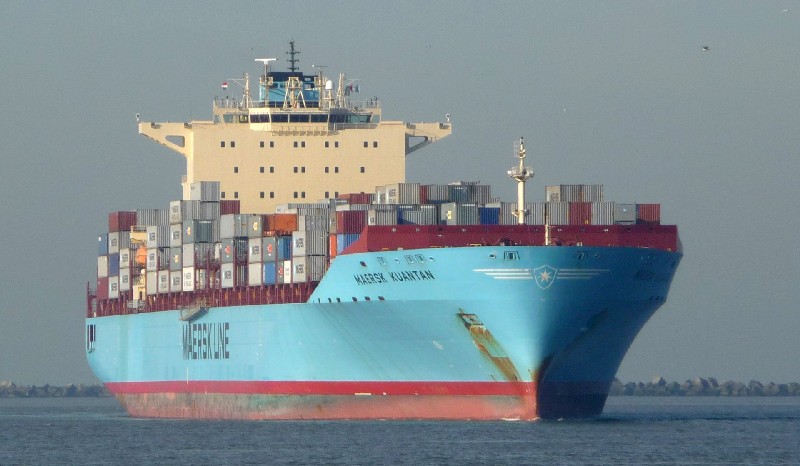Tax plan 2020: changes to tonnage scheme
The European Commission has recently approved the extension of the application of the tonnage scheme for (i) large ships, (ii) so-called service ships and (iii) ship management. On the condition that the Netherlands tightens the tonnage scheme as of 1 January 2020 for (i) time or travel charter, (ii) the flag requirement and (iii) so-called non-transport activities. The proposed changes are included in the “Other Fiscal Measures” bill.
Tightening of time and travel charter conditions
On the basis of the current text, time or travel charter falls under the application of the tonnage scheme if there is (joint) ownership in a ship of at least 5%. It is proposed to set a maximum for ships under time or travel charter that do not sail under the EU / EEA flag. In short, this comes down to the following. The annual total of the net daily tonnages of vessels held in a year in time or travel charter that do not fly the flag of an EU / EEA country may not exceed 75% of the annual total of the net daily tonnages of all ships. In the calculation of the 75% ceiling, the tonnage of a ship in co-ownership is only taken into account in proportion to the co-ownership. This is only different if the entire crew, technical and commercial management of that ship is also involved. In that case, in the calculation of the 75% ceiling, the entire tonnage of that ship is taken into joint ownership. It is an all or nothing determination. If the above condition is not met in a year, the tonnage scheme for that year does not apply to all vessels held in time or travel charter that do not fly the flag of an EU / EEA country.
Tightening flag requirement
The second change concerns the tightening of the flag requirement. The European Commission’s premise is that any activity that is taxed under the tonnage scheme must involve a ship flying the flag of an EU / EEA country. Three exceptions are included. It is conceivable that a shipowner, relying on one of the exceptions, does not have in his fleet any ship flying the flag of an EU / EEA country, but falls within the scope of the tonnage scheme. The proposal is to change the tonnage scheme so that (in connection with the transitional law that is proposed), with each commissioning of a ship from 1 January 2020, it is tested whether ships qualifying for the tonnage scheme include at least one ship flying the flag of an EU / EEA country. It is also proposed to introduce a flag requirement for ships whose full crew and technical management is carried out in the Netherlands. This means that at least one ship must sail the EU / EEA flag. The exceptions can also be invoked for this. Transitional law applies to the introduction of this flag requirement. In short, the transitional law stipulates that with regard to ships for which the tonnage scheme is already being used on 31 December 2019, the proposed adjustments with regard to the flag requirement for a period that runs up to and including the first financial year starting on or after 1 January 2029 do not yet apply.
Restriction on the size of non-transport activities
The third proposed change to the tonnage scheme limits the scope for bringing profits attributable to non-transport activities within the scope of the tonnage scheme. The current tonnage scheme – with the exception of certain types of ships – has no mandatory profit split. Once it has been established that a ship is intended for the transport of goods or people in international traffic by sea, the entire profit achieved by operating that ship falls under the tonnage scheme. This therefore also applies to the profit made from the work that can be considered as non-transport work. The tightening required by the European Commission means that the part of the profit that comes from non-transport work may not exceed 50% of the total annual profit achieved from the exploitation of the transport of goods or people in ship intended for international traffic by sea (hereinafter: the profit ceiling). If in a certain year this profit ceiling is exceeded, the part of the profit that is to be allocated to the non-transport activities does not qualify for the tonnage scheme, so that that part of the profit under the regular profit determination rules is taken into account.
Finally
Transitional law has only been included for the tightening of the flag requirement. The other proposed changes, namely the introduction of a maximum for time or travel charter and non-transport work, will apply from 1 January 2020, including existing cases. We recommend that you check the impact of the proposed changes. If you have any questions, please do not hesitate to contact us.
